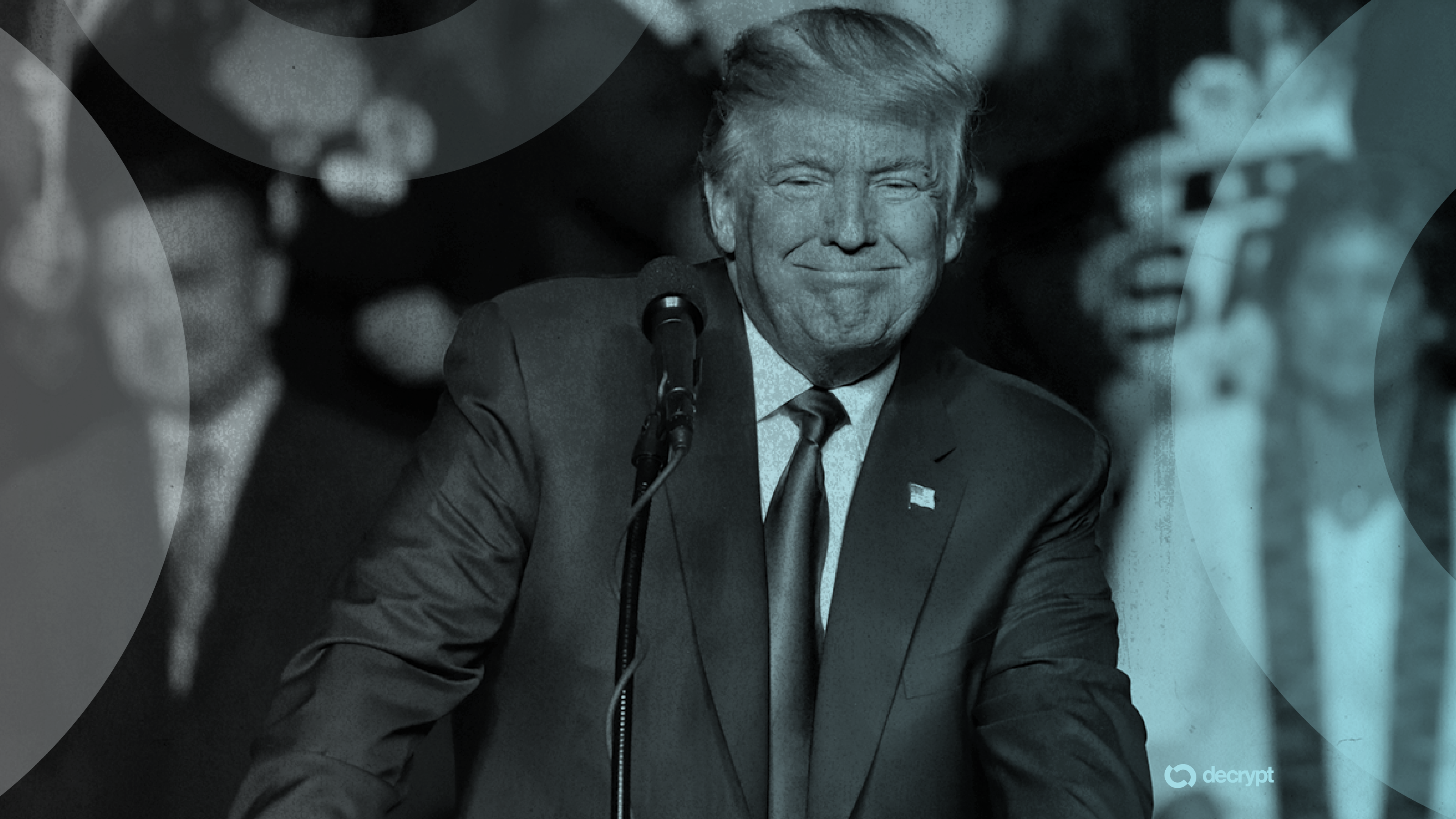Trump’s Crypto Shockwave: Tariffs Hit Digital Assets as Mining Sector Braces for Impact

Trade wars meet hash wars—Washington's latest tariffs just sent shockwaves through crypto markets. Mining ops face a double squeeze as geopolitical tensions collide with energy costs.
Here's what's unfolding:
The tariff hammer drops
Digital asset markets got a brutal reminder that old-school trade policy still calls the shots. Trump's 2025 tariffs—aimed at China—are creating unexpected collateral damage in crypto-land.
Mining's perfect storm
ASIC imports caught in the crossfire? Check. Rising operational costs? Double-check. The mining sector's looking at its toughest regulatory-environment-meets-hardware-squeeze since China's 2021 crackdown.
Market reaction
Traders initially panicked (because that's what traders do), but savvy players see opportunity—after all, nothing makes crypto rally like a good existential threat. Somewhere in Miami, a VC just minted a 'Crypto Tariff Hedge Fund' NFT.
The bottom line: When traditional finance sneezes, crypto still catches a cold—but this ecosystem's built to monetize chaos. Watch for mining ops to pivot... again.
Mining matters
The new measures have already caused "short-term volatility" but could "boost interest in Bitcoin as a non-sovereign asset," Vincent Liu, chief investment officer at Kronos Research, told Decrypt.
Still, the tariffs may place "continued strain on blockchain ecosystems," with the broader impact hinging on how traditional markets and the U.S. dollar respond in the days ahead, Liu said.
The mining sector faced similar stress earlier this year when Trump first threatened sweeping tariff hikes. U.S.-based firms hurried to import ASIC machines before potential price hikes, chartering cargo flights and paying premiums to meet deadlines.
Some of those pressures are already being felt in crypto's physical infrastructure.
"At this stage, no monumental shift in the overall crypto market is expected as a direct result of the tariff-related developments," Jung said. "That said, in the bitcoin mining ecosystem, rising hardware costs and logistical hurdles could accelerate shifts in mining locations, supply chains, and capital expenditure strategies."
Liu echoed this concern, warning that if tariff tensions persist, it could deepen the strain on miners, slowing development and concentrating power among “players with stronger supply chains.”

